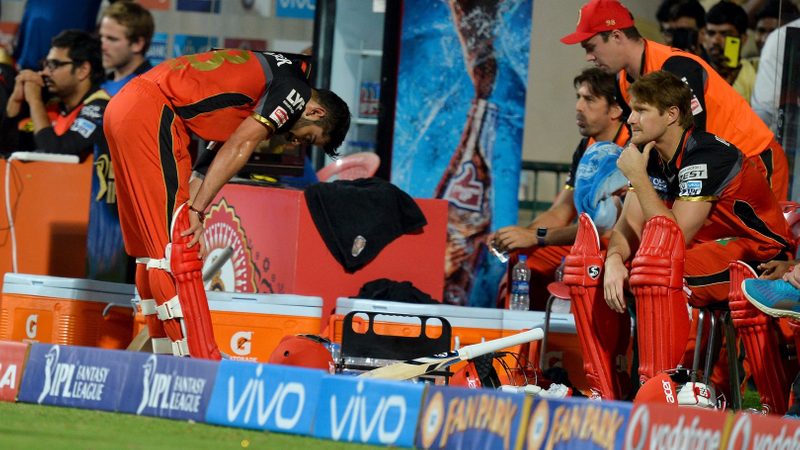
The Board of Control for Cricket in India (BCCI) introduced a tactical player substitution rule termed Impact Player in its domestic T20 cricket tournaments, starting with the Syed Mushtaq Ali Trophy 2022.
The new rule was brought in to make the game of cricket more interesting and competitive. It is inspired by the substitution rules already used in other team sports like football, basketball, baseball, and rugby.
The Indian cricket board tested the Impact Player rule in the Syed Mushtaq Ali Trophy before introducing it in the Indian T20 League.
What is the Impact Player rule
The Impact Player rule allows teams to make a tactical player substitution in T20 matches by replacing one player in the starting XI with another at any point in a match.
Teams must name five substitutes along with their starting XI on the team sheet before the toss. Only one of these five players can be used as an Impact Player, allowing the substitute player to participate actively in the match. This certainly adds a new strategic dimension to cricket’s shortest format.
The Impact Player will be allowed to bat and bowl their full quota of overs and can replace any starting XI player before the 14th over of either inning. Furthermore, it will be up to the teams to decide when or whether to use their Impact Player.
Before deciding to make the tactical move, the captain/head coach/team manager has to inform the on-field or the fourth umpire before the end of the over in play at the time.
For a batting side, an Impact Player can be introduced after the fall of a wicket or during the innings break.
Meanwhile, in case of delayed matches or shortened matches of less than 10 overs, the Impact Player rule is not applicable.
The Impact Player has a broad tactical scope as there are no proper limitations on the role they can perform. For example, the Impact Player can replace a batter who has already been dismissed as long as the team uses only 11 batters. On the other hand, they could replace a bowler who has already bowled a few overs and still get to bowl their full quota of four overs.
Impact Player rule in Indian T20 League
The rules for an Impact Player in Indian T20 League are similar to other tournaments. A team will have to list five substitutes at the toss and they can use any one of the five subs as their Impact Player.
The Impact Player can be brought onto the field on different occasions. The player can be called in by the captain at the start of an inning, at the conclusion of an over, when a wicket falls, or when a batter retires. However, the Impact Player will not be permitted to bowl the remaining balls of the over if they are brought in the middle of an over following the fall of a wicket or if a batter retires.
The player who is replaced by the Impact Player can no longer play any role in the match.
It must be noted even if the batting side brings in the Impact Player, the number of batters will still remain at 11. One of the players already on the starting XI will not be allowed to bat.
If the bowling team opts for the Impact Player, they will be allowed to bowl full four overs, regardless of the number of overs bowled by the player being replaced.
Moreover, in the Indian T20 League, the Impact Player can only replace an Indian player and not an overseas player, provided there are no less than four foreign players in the starting XI. If there are only three overseas players on the team, the Impact Player can be a foreigner.
Who was the first Impact Player in the Indian T20 League
Chennai pacer Tushar Deshpande became the first Impact Player to be used in the Indian T20 League history.
Tushar Deshpande replaced middle-order batter Ambati Rayudu for Chennai during the Indian T20 League 2023 opener against Gujarat Titans at the Narendra Modi Stadium in Ahmedabad.
Later in the Indian T20 League 2024, Bengaluru fast bowler Yash Dayal was the first Impact Player to be utilised in the new season.
Dayal came in as the Impact Player in place of Dinesh Karthik in the second innings of the Indian T20 League 2024 opener between Chennai and Bengaluru.
Featured photo: MANJUNATH KIRAN / AFP




















